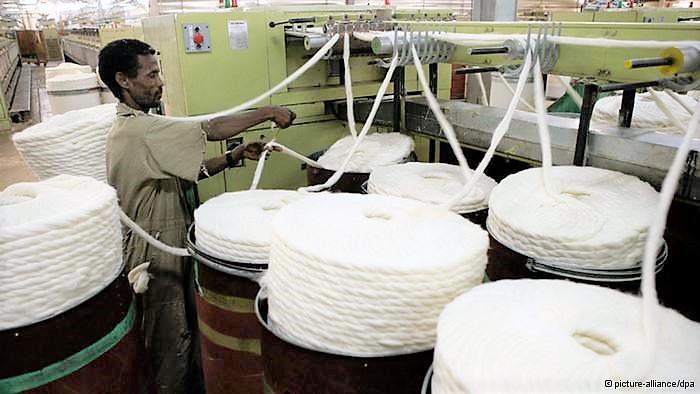 A cornerstone laying ceremony was held on 16 January in Ethiopia’s eastern city, Dire Dawa, for a textile plant that will be built with an investment of 220 million U.S. dollars. Dire Dawa mayor’s office said Chinese firm Wuxi No. 1 Cotton Mill will build the textile plant which will lie on 40 hectares of land. The construction of the textile plant will take 30 months and is expected to employ 3,000 Ethiopians once commissioned.
A cornerstone laying ceremony was held on 16 January in Ethiopia’s eastern city, Dire Dawa, for a textile plant that will be built with an investment of 220 million U.S. dollars. Dire Dawa mayor’s office said Chinese firm Wuxi No. 1 Cotton Mill will build the textile plant which will lie on 40 hectares of land. The construction of the textile plant will take 30 months and is expected to employ 3,000 Ethiopians once commissioned.
The plant will be located inside Dire Dawa Industrial Park (DDIP) that is currently being constructed by China Civil Engineering Construction Corporation (CCECC). DDIP, currently being built at a cost of 159 million U.S. dollars on 159 hectares of land, is expected to attract industries specialized in textile, apparel, and agro-processing.
The Ethiopian government is financing the construction of the industrial park which is expected to be commissioned later this year. The textile plant’s cornerstone laying ceremony was held in the presence of Liu Yu, economic and commercial counsellor at the Chinese embassy in Ethiopia and Ibrahim Usman, mayor of Dire Dawa city administration.

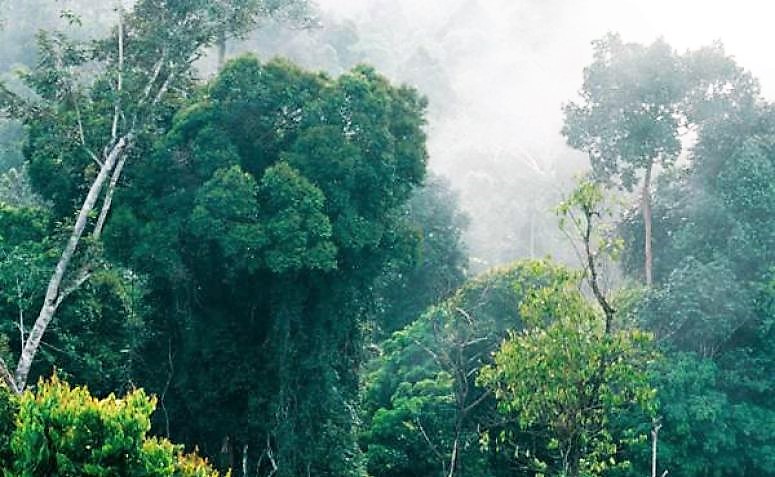 Ethiopia has planned ambitious programs of forest landscape restoration to resuscitate more than 20 million hectares of degraded forest landscapes within the next 20 years, The Ministry of Environment, Forest and Climate Change disclosed.
Ethiopia has planned ambitious programs of forest landscape restoration to resuscitate more than 20 million hectares of degraded forest landscapes within the next 20 years, The Ministry of Environment, Forest and Climate Change disclosed.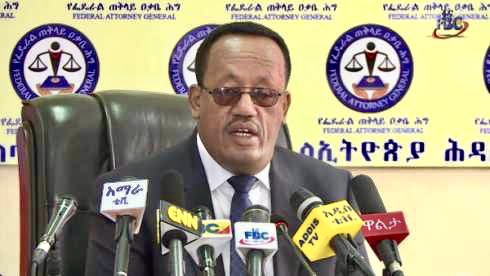
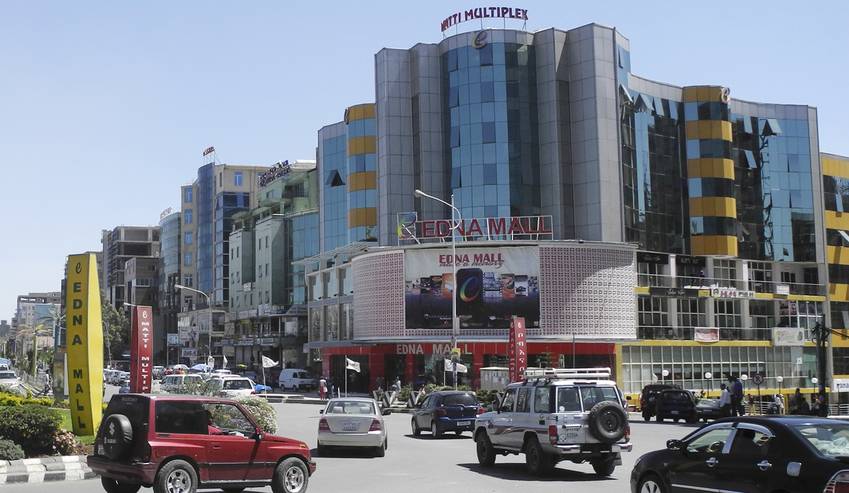
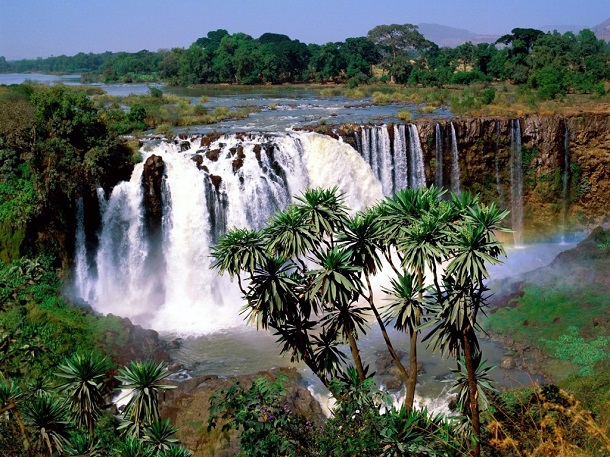 According to the Minister of Culture and Tourism, Ethiopia earned more than $1.8 billion from tourism in the first half of this Ethiopian fiscal year, which ended on last Monday, January 8, 2018.
According to the Minister of Culture and Tourism, Ethiopia earned more than $1.8 billion from tourism in the first half of this Ethiopian fiscal year, which ended on last Monday, January 8, 2018.
 Ethiopia is working to improve the provision of education to refugees sheltering in camps in the country through the Administration for Refugee and Returnees Affairs (ARRA). Through the activities carried out so far, gross enrolment rate in primary education for refugees has reached 70.5 percent in 2017, according to ARRA. Currently, some 177,745 refugees are enrolled in primary, secondary, pre-school, and alternative education in refugee camps in various parts of the country. Ethiopia hosts more than 850,000 refugees mainly from Eritrea, Somalia and South Sudan in 27 camps.
Ethiopia is working to improve the provision of education to refugees sheltering in camps in the country through the Administration for Refugee and Returnees Affairs (ARRA). Through the activities carried out so far, gross enrolment rate in primary education for refugees has reached 70.5 percent in 2017, according to ARRA. Currently, some 177,745 refugees are enrolled in primary, secondary, pre-school, and alternative education in refugee camps in various parts of the country. Ethiopia hosts more than 850,000 refugees mainly from Eritrea, Somalia and South Sudan in 27 camps. The Ethiopian government said on 3 January that it has generated more than 334 million U.S. dollars from the export of coffee to the global market during the past five months.
The Ethiopian government said on 3 January that it has generated more than 334 million U.S. dollars from the export of coffee to the global market during the past five months.
